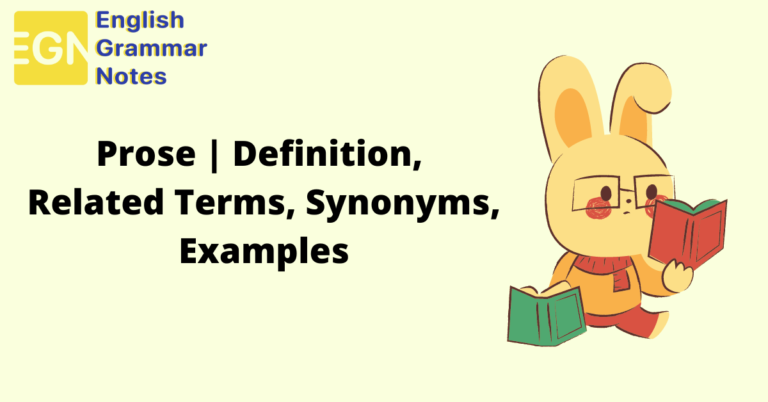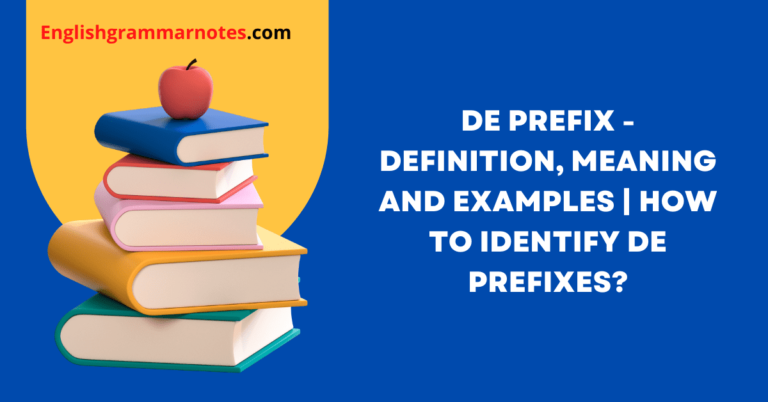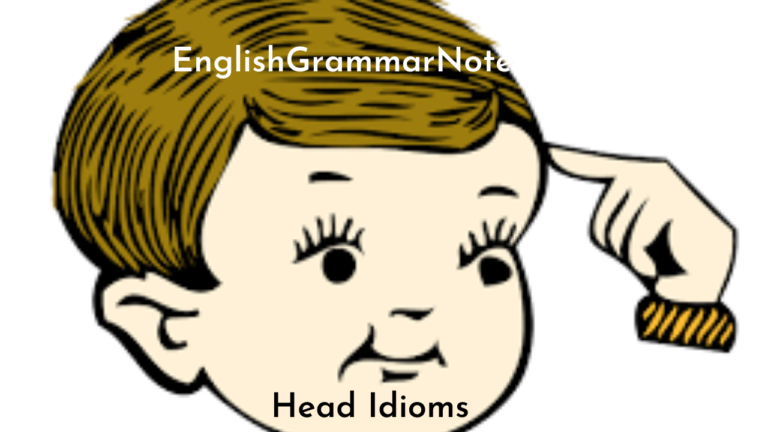Anomalous Finites Exercises
What are Anomalous Finites? Verbs can be either Non-Finites, or Finites The Non-Finites are the Infinitives {present and perfect), the Participles (present and past), and the Gerund (also called the verbal noun). The Non-Finites of the verb be are : (to) be, (to) have been, being and been. The Finites are parts of the verb other than the Non-Finites. The Finites of the Verb be are : am, is, are, was, were. The term anomalous finite is used for the 24 finites, given below: Am, Is, Are, Was, Were will, would have, has, had can, could do,does,did may, might Shall, Should must, ought, need, dare, used The finites of the verb, be {am, is, are, was, were) are auxiliary when used: With a past participle to form the passive voice; as, They were told to stay where they were. We were informed in time. With a present participle to form the progressive tenses; as, She is writing a letter. They were playing chess. The verb be is not an auxiliary verb when it is used : Meaning “to exist”; as There are two kinds of camels, the Bacterian camel and the Arabian camel. Meaning “to happen”, “to take place”; as, …


